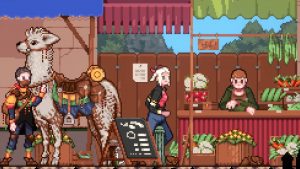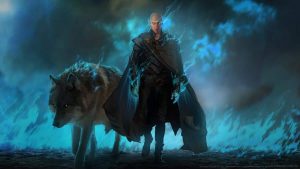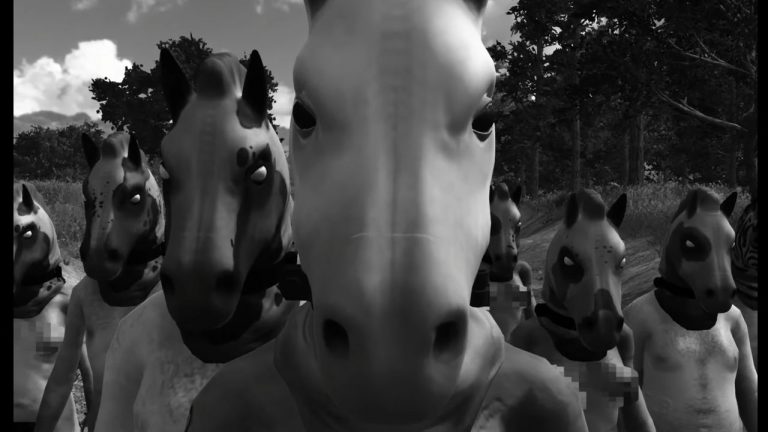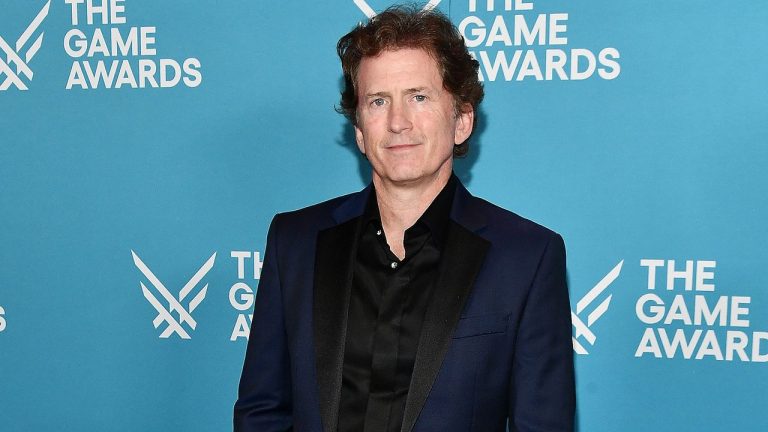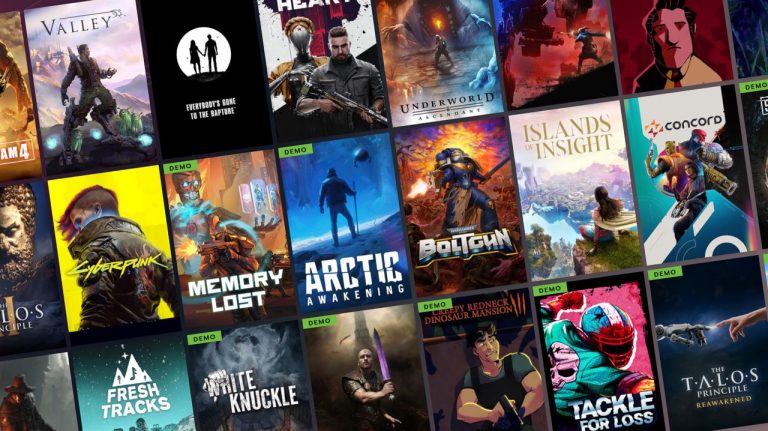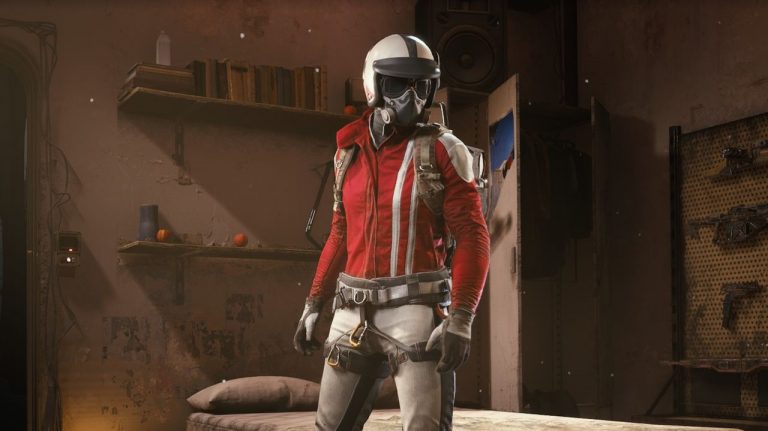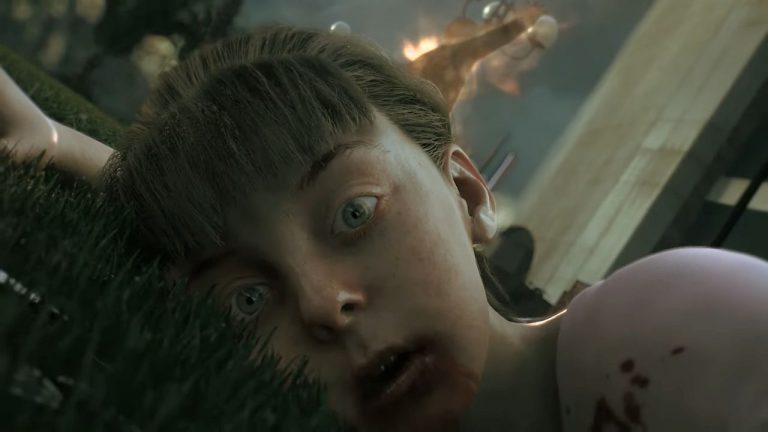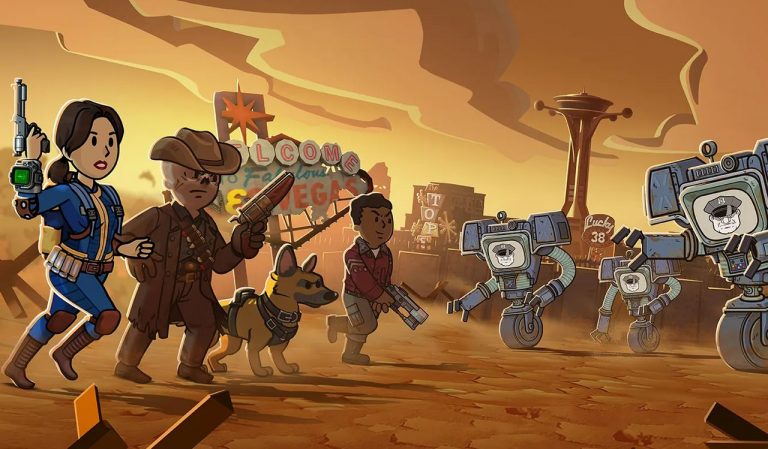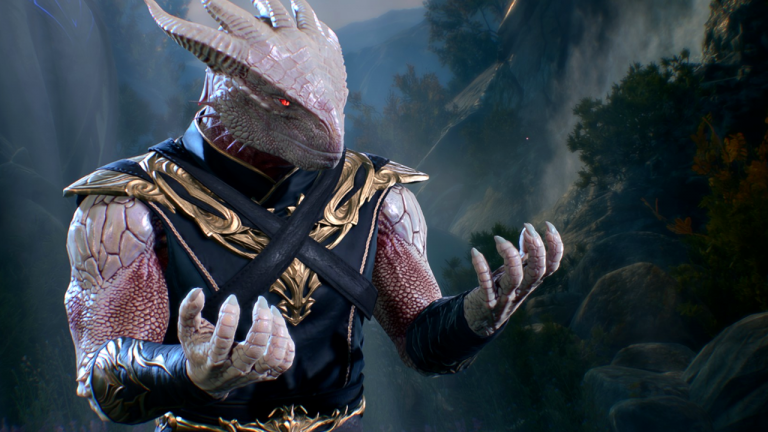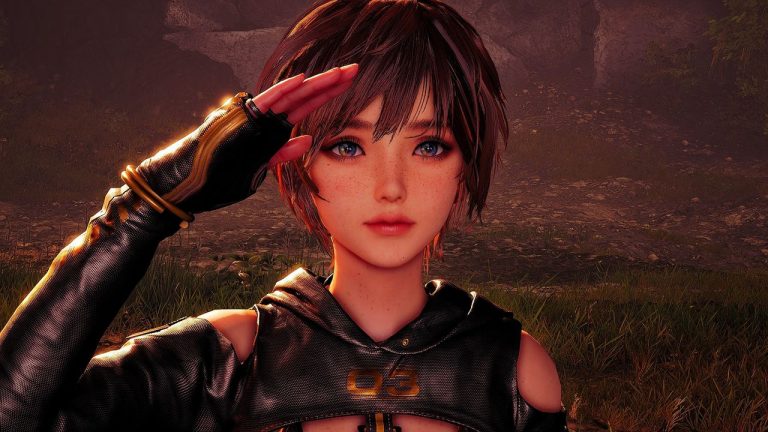The first new class to come to a mainline Diablo game in 10 years can reach into the spirit realm and throw a giant eagle god at their enemies. The divine bird swoops in with a gust of electrified wind and then lifts off like a lightning strike in reverse. It’s probably the coolest looking skill in the game and it’s only one of the four guardian spirits you can wield as a spiritborn, a new class debuting with Diablo 4’s first paid expansion, Vessel of Hatred, on October 8.
Blizzard didn’t give us a ton of time with the spiritborn during a press preview event last week in Irvine, California, but I can already tell my friendship with rogues might be over. The spiritborn are martial artists who command four animal guardians—jaguar, gorilla, centipede, and eagle—from Sanctuary’s spirit realm, a domain that Blizzard says is equivalent to the game’s depictions of Heaven and Hell. Each one represents a distinct approach to combat and are meant to be mixed together to fit your playstyle. Eagle skills, for example, imbue your attacks with lightning and increase your movement speed. I settled into a build that turned me into some kind of sorceress/rogue hybrid with volleys of lightning bolts covering the screen every time I dashed toward enemies.
Class designer Bjorn Mikkelson told PC Gamer that spiritborn are a “vehicle for self expression”, like the other five classes. You’ll be able to invest in each spirit guardian as much as you’d like, and the idea is that you’ll mix and match them based on the type of player you are, whether you want to race through dungeons or survive a boss fight.
In the build I played, there were four spiritborn characters to choose from who were locked to level 30 and came with a premade build and mediocre gear. I only had 2 hours to run around a slice of Vessel of Hatred’s new jungle region, Nahantu, to try to wrap my head around what will probably be one of the most complex classes in the game.
(Image credit: Blizzard)
Here’s what I gathered after playing a character built around each spirit guardian:
Jaguar skills are fire-based and build up your attack speed, which means they’re great for carving through normal dungeons for leveling upGorilla skills build up your damage resistance and deal physical damage, which should be excellent to tap into for survivability as you take on endgame challenges, like bossesCentipede skills poison enemies and provide passive healing, which will probably help you manage packs of resilient monsters in the hardest dungeons, like the PitEagle skills deal focused lightning damage and reduce the cooldown of your evade, which should make them extremely valuable for any kind of build
The build possibilities are so overwhelming that I can understand why the preview build focused on the basic, pre-endgame experience.
For the last 30 minutes of the demo, I stuck to a spiritborn who could pounce onto enemies in the distance, build up attack speed through quick jabs, and then wipe everything out with a fan of electrified quills that bounced off of walls and returned to me. It was an extremely satisfying loop of skills that kept me cruising through dungeons. And the preview characters were effectively only half as powerful as they would be in the live game where you have way more legendary items and the ability to temper stats onto your gear, like a chance to cast those quills twice.
Spiritborn, unlike some of the other classes right now, are built to be flexible: Their class mechanic lets you choose one main spirit guardian for a passive buff and their skill tag is added to the ones you use. That means you could use gorilla skills that don’t normally give you damage resistance and add the “jaguar” tag onto them to give you attack speed at the same time. One of the class’ unique items that Blizzard gave us a peek at goes a step further and adds the skill tag for your secondary choice to every skill too. The build possibilities are so overwhelming that I can understand why the preview build focused on the basic, pre-endgame experience.
The only thing that gives me pause is the look of the class, which comes across at first glance like a mish-mash of real life Mesoamerican cultures. Blizzard says it “took inspiration” from a lot of those indigenous cultures, but didn’t want to just “copy and paste from them.”
“What we wanted to do is create our own version of what that would look like in Diablo, in Sanctuary,” said Vessel of Hatred associate narrative designer Eleni Rivera.
Vessel of Hatred takes place entirely in Nahantu, south of Diablo 4’s current map, where the spiritborn live, so we’ll surely learn a lot about them during the campaign. What I hope it avoids is the old fantasy trope that blends Mayan, Aztec, Incan, and other cultures into a paste of exotic stereotypes.
I’m willing to see how it all plays out, because if the spiritborn is that fun to play at only level 30, all the legendary powers and unique items waiting in Diablo 4’s endgame are going to probably make it even better. The other classes should be scared of becoming officially benched because I don’t see myself playing anything else when Vessel of Hatred launches on October 8.
(Image credit: Blizzard)
(Image credit: Blizzard)
(Image credit: Blizzard)
(Image credit: Blizzard)
(Image credit: Blizzard)
(Image credit: Blizzard)
(Image credit: Blizzard)
(Image credit: Blizzard)
(Image credit: Blizzard)
(Image credit: Blizzard)
(Image credit: Blizzard)
(Image credit: Blizzard)
(Image credit: Blizzard)

